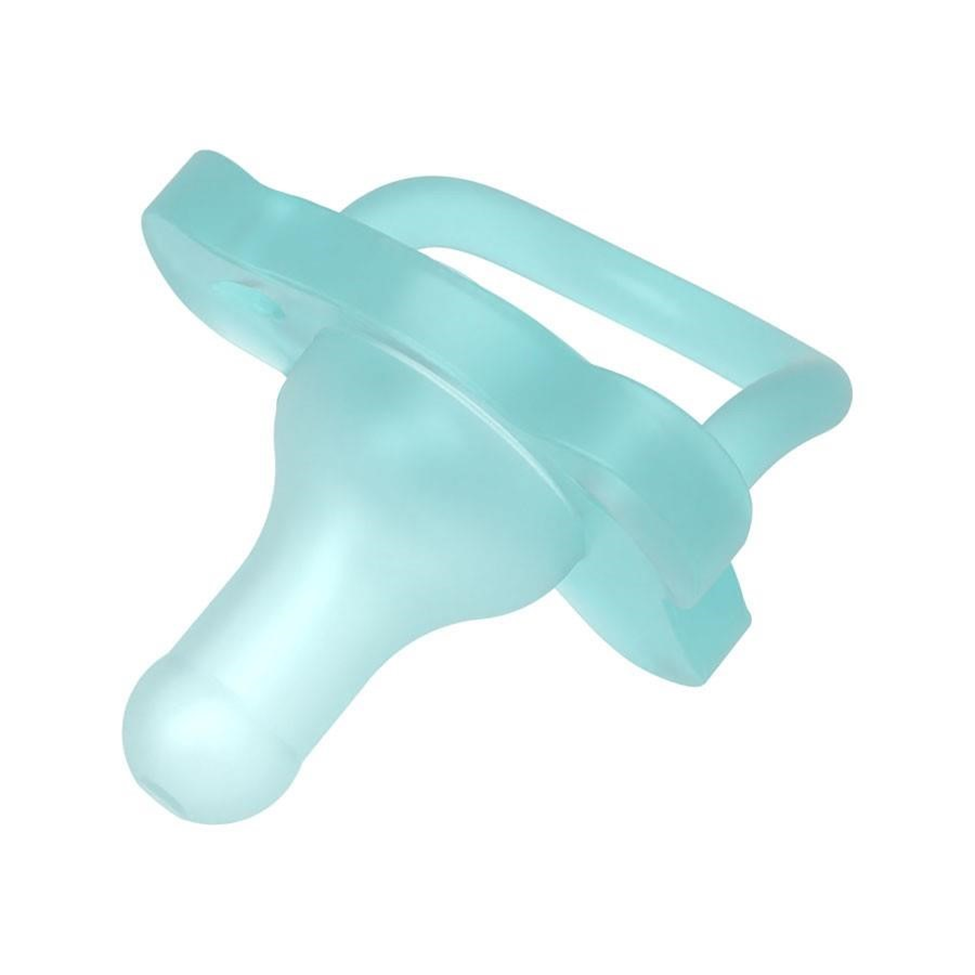During a clinic visit, the practical nurse (PN) observes an infant sucking on a pacifier that is made from a bottle nipple and stuffed with cotton. What should the PM do?

Encourage the mother to use a one-piece pacifier.
Observe infant for difficulty in sucking.
Tell the mother that pacifiers can cause dental problems.
Compliment the mother for meeting her infant's needs.
The Correct Answer is A
A. Encouraging the mother to use a one-piece pacifier is the appropriate action as it reduces the risk of choking or ingestion of small parts and is safer for the infant.
B. Observing the infant for difficulty in sucking is important, but addressing the safety of the pacifier takes precedence.
C. Informing the mother about potential dental problems associated with pacifier use might be relevant but doesn't address the immediate safety concern of the makeshift pacifier.
D. Complimenting the mother for meeting her infant's needs doesn't address the potential safety risks associated with the homemade pacifier.
Nursing Test Bank
Naxlex Comprehensive Predictor Exams
Related Questions
Correct Answer is B
Explanation
A. Wrapping the infant with a warm blanket might provide comfort but may not directly address the cause of restlessness, grimacing, and drawing knees to the chest.
B. Giving the prescribed analgesic is essential to alleviate the infant's discomfort or pain following a surgical procedure like pylorotomy.
C. Obtaining blood glucose levels might be necessary in certain situations but does not directly address the observed signs of discomfort and pain in the infant.
D. Burping the infant every two hours is not the most appropriate action considering the presented symptoms. Administering the prescribed analgesic is more directly related to addressing the infant's discomfort.
Correct Answer is C
Explanation
A. Assess her feelings about therapeutic abortions in the event the infant has been affected. - While important to address concerns, the immediate priority is to manage the current outbreak and prevent transmission.
B. Identify current sexual partners so that they can be evaluated and treated for genital herpes if necessary. - Contact tracing is important but not the highest priority in managing the current outbreak.
C. Instruct her to avoid sexual intercourse while active, visible lesions are present. - This is crucial to prevent transmission of the herpes virus to the sexual partner and to reduce the risk of complications for the pregnancy.
D. Determine if the client has taken acyclovir for this outbreak of genital herpes. - While important for understanding the treatment history, instructing the client on preventive measures has a higher priority.
Whether you are a student looking to ace your exams or a practicing nurse seeking to enhance your expertise , our nursing education contents will empower you with the confidence and competence to make a difference in the lives of patients and become a respected leader in the healthcare field.
Visit Naxlex, invest in your future and unlock endless possibilities with our unparalleled nursing education contents today
Report Wrong Answer on the Current Question
Do you disagree with the answer? If yes, what is your expected answer? Explain.
Kindly be descriptive with the issue you are facing.
